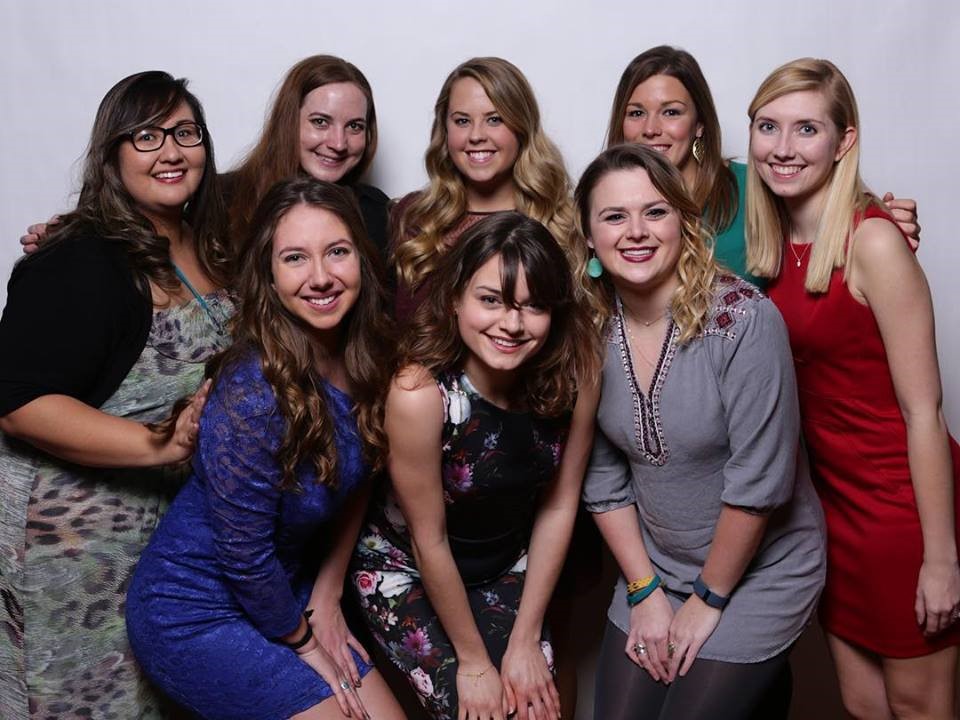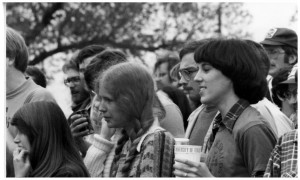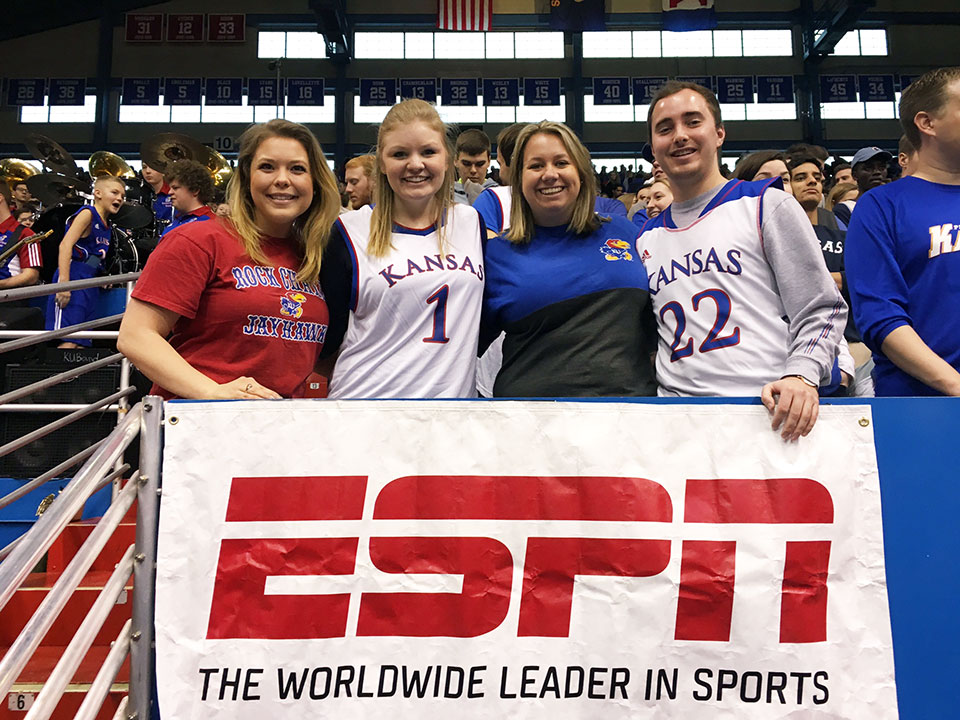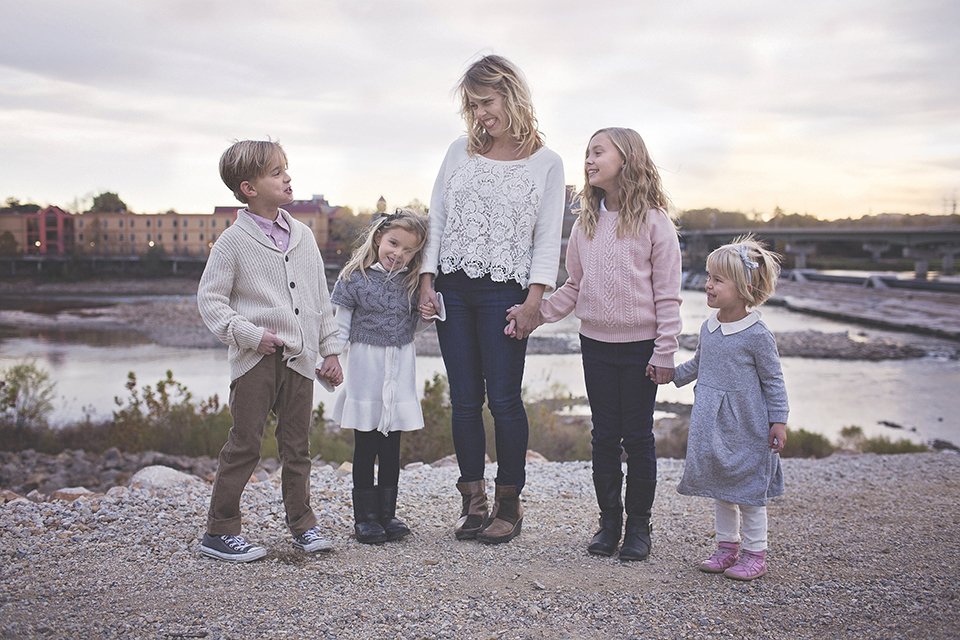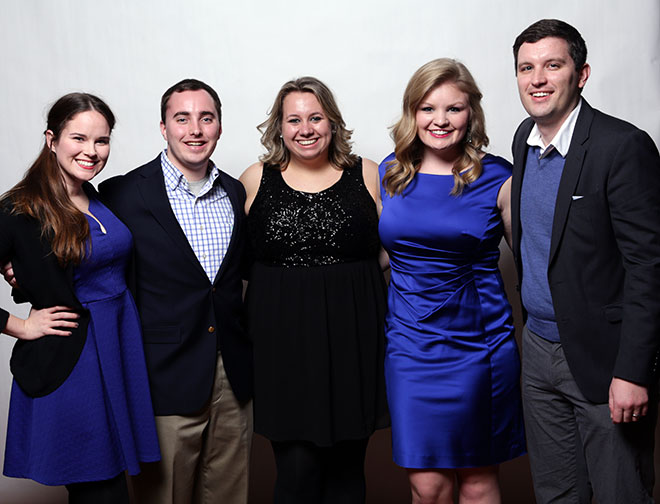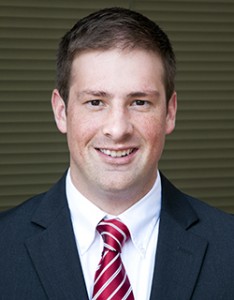Myth # 1: You won’t have time to have a social life in law school.
While I spent more time in the law library this year than I ever thought possible, I’ve still had plenty of time for other activities. Which is good because there are lots of opportunities to get involved at KU. There are 28 student organizations at the law school alone, and over 600 campus-wide. There are also plenty of social events such as Barrister’s Ball (Law Prom), Pub Night and TGITs.
Myth # 2: Everyone at KU will be from Kansas, and everyone will stay in Kansas after graduating.
I love Kansas. But after growing up near Fort Riley, an Army base, I recognize the immense value in having a student body that has a diverse set of experiences. At KU, the Class of 2018 includes students from 25 states and three foreign countries.
While KU does an excellent job placing students in regional jobs, the school also has a large network of dedicated alumni working outside of Kansas who offer invaluable assistance to students hoping to travel with their degree.
Myth # 3: Professors will teach “the law.”
When I came to law school, I expected to learn black-letter law by listening to lecturing professors. But instead of rote memorization of cases and statutes, law school has been more about actively learning how to “think like a lawyer.” Instead of focusing exclusively on legal theory, there are plenty of opportunities for hands-on learning while still in school. The school offers several workshops and twelve clinics, where students can earn school credits by improving practical skills.
Myth # 4: If you want to go to law school, you have to major in Political Science or Philosophy.
There is no major that will perfectly prepare you for law school. Focus on taking classes that will advance writing and critical thinking skills. At KU, there are a wide variety of college majors represented. As someone who received degrees in Political Science and History, it’s refreshing to take classes with students who bring many unique perspectives.
Myth # 5: School rank is the most important factor when deciding which law school to attend.
Law school experiences are difficult to quantify. While national ranking systems can be a helpful tool, they shouldn’t be the only thing you consider. For some ranking systems, cost of attendance makes up only 15% of the overall score. For me, cost was incredibly important, because I didn’t want to graduate with a level of debt so high that it would determine my entire career path.
There were also plenty of factors that were important to me but impossible to assign a numerical value. I wanted professors who were accessible, a career service office that would invest time in getting to know each student, and an environment where students were collegial and welcoming. Visiting the law school made it clear that KU was the best fit for me.
— Sarah McMillin-Beckman is a 1L and KU Law Student Ambassador from Junction City, Kansas.
